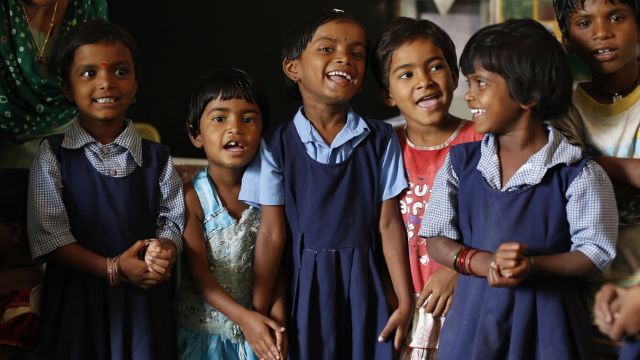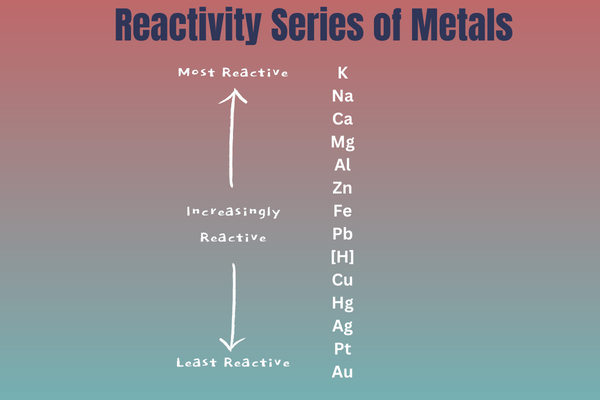Nowadays, you must have seen like every other social media influencer that just common people in India are criticizing our education system. But is it really that bad, or is it just for the talks? Like, if you are a student, studying at a college or school in India, then for sure you’d know about what’s good and what’s bad about our education system. Still, it might have got you thinking, right? Well, that’s what we are up to today because here we will be taking a good look at the possible advantages and disadvantages of the Indian education system. So yeah, if you are specifically here for that, then keep on reading. Here we go.
Education System in India Advantages
Like always, let’s begin with the oh-so-good side of the education system we have in our country:
1. Boosting Economy and Job Options
Did you know how education is changing India’s economy? It’s simple. More people getting educated means more folks getting jobs. This cuts down unemployment, making India’s money matters better. And because unemployment had been a huge issue in the country, that’s why the education system getting better wasn’t just any advancement, it was a necessity.
Also Read: Advantages And Disadvantages Of Reservation System In India
2. Decrease In Child Labour Numbers
Child labor is a tough reality, but here’s where education is making a real difference. As more children sit in classrooms rather than work sites, the hold of child labor is weakening. It’s a big, positive shift in our society. It is truly not that hard to understand that if we were to teach or make education accessible for more kids, the less likely they are to end up in the workforce too soon.
3. Reservations for the Underprivileged
In the world of education, having a quota system is a big help for groups that aren’t as well-off socially. This step, kind of like a helping hand, makes sure that getting an education is something everyone can do, not just a few. It opens doors for people who might have been left out or overlooked otherwise. And that is one of the biggest plus sides of the Indian education system, no matter which part of the country you are in, or which caste you belong to, your kids will still get the education they need to succeed in life.
4. Diversity in Educational Boards
Of course, there are several educational boards out there, like CBSE and ICSE, and let’s not forget the open universities. Now, what does this mean for students? It’s essentially a plethora of choices. Whether it’s the structured approach of CBSE or the flexibility of open universities, students have the luxury of picking what suits them best.
5. Technological Advancements in Education
Moving on to the technological aspects. Education has dramatically shifted towards the future, thanks to technology. Gone are the days when it was all about textbooks and blackboards. Now, digital tools and online resources are becoming more mainstream. This technological transformation is doing more than just making education accessible; it’s also significantly simplifying all the administrative tasks that go on in the background.
Education System in India Disadvantages
Alright, enough with the oh-so-good stuff. Now’s the time to finally take a look at why so many people criticize the Indian education system, shall we?
1. Sky-High Costs Limiting Education Access
In India, yes, education’s definitely on the rise, but still, it’s pretty out of reach for many. But what’s the actual problem, why education isn’t still accessible for many in the country? Well, it’s actually the cost, it’s just too steep, especially for families barely making ends meet. Just think about it for a sec, for people barely making ends meet, having their kids attend school can be a huge financial load.
2. School Quality
Now, about government schools. Why government schools specifically though? Well, you see, in our country, government schools are the worst, well typically. And why exactly is that? The thing is, the funding of these schools often ends up in the pockets of corrupt people, and yeah, the teachers also don’t have the skill set to teach kids. And then we wonder why people in India don’t send their kids to government schools.
3. Rote Learning
And yeah, it is a 100% true that our schools are big on getting kids to memorize, not to really think. If you are wondering, well, we are talking about rote learning stuff. But what about the creativity that kids have in them? Well, regrettably, that’s often left out. That results in kids ending up having knowledge, but not really knowing how to put that knowledge to use, or say, good use.
4. The Troubling Divide in Education
Can you believe it? Our education system, which should be the great equalizer, is actually divided by glaring inequalities. It’s pretty shocking but true. Now, let’s take a closer look at what’s happening. The richer crowd, the ones with all the privileges, they’re getting top-tier education. But the less fortunate, they’re left grappling in the shadows. And guess what’s adding fuel to the fire? Political interference.
5. The Digital Gap
Digital education sounds great on paper, right? But dig a little deeper, and you see the cracks. Not every kid has a laptop or Wi-Fi at home. Some don’t even have a quiet room to study. So, while some students are surfing the digital wave, others are barely keeping their heads above water.
6. Poverty and Education
Imagine trying to focus on algebra while you’re worried about where you’ll sleep tonight. These challenges, they’re like chains holding students back. We need to break these chains and give every kid a fair shot at education. It’s not just about textbooks and classrooms. It’s about giving hope, a chance to rise above the tough hand they’ve been dealt.
Conclusion
All in all, for sure there are many not-so-shiny sides of our education system right here in India, but we are slowly and steadily improving. But it won’t happen if the general public doesn’t even know about what’s good and bad with our education system. Right?

Rahul Kumar is a passionate educator, writer, and subject matter expert in the field of education and professional development. As an author on CoursesXpert, Rahul Kumar’s articles cover a wide range of topics, from various courses, educational and career guidance.




